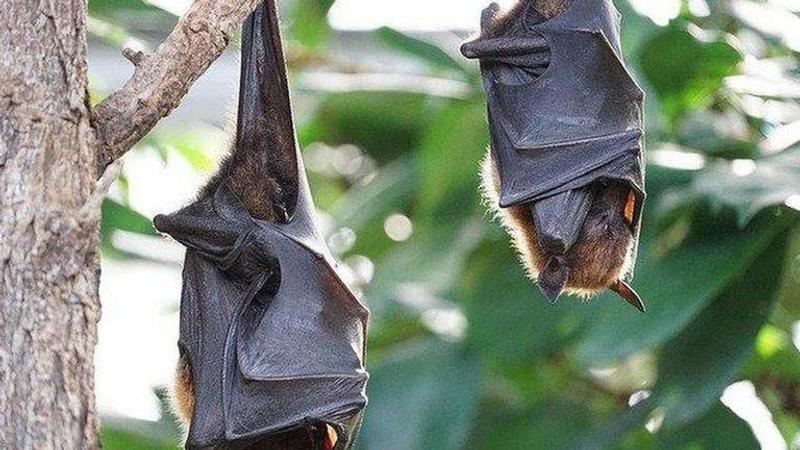Published 03:54 IST, April 15th 2020
Indian scientists discover coronaviruses in two bat species
The virus, however, is not the same as the novel coronavirus (SARS-CoV-2) pathogen that causes flu-like symptoms and spreads via human-to-human transmission.

In a first, scientists from the Indian Council of Medical Research (ICMR) have discovered two unique strains of the coronavirus (BtCoV) in bat species from Kerala, Himachal Pradesh, Puducherry, and Tamil Nadu commonly native to the Western Ghats. As per reports, these viruses are not the same as the novel coronavirus (SARS-CoV-2) pathogen that causes flu-like symptoms and spreads via human-to-human transmission.
While the study outlaws that the discovered coronavirinae in these bats infect humans, it does prove that bats as a species can be a natural reservoir of coronaviruses. Two Indian species of bats, Pteropus and Rousettus, were found to be carrying the coronaviruses in their intestines, according to the study published Indian Journal of Medical Research.
The ICMR scientists conducted the research owing to the importance of proactive surveillance of zoonotic infections, as mentioned in the journal. The proactive identification of novel zoonotic diseases would provide an opportunity to recognise potential threats to human health which could prevent pandemic outbreaks well ahead in time, researchers revealed in the study.
Bat-human encounter
"Although CoVs in the subfamily coronavirinae do not usually produce clinical symptoms in their natural hosts (bats), the accidental transmission of these viruses to humans and other animals may result in respiratory, enteric, hepatic or neurologic diseases of variable severity. It is still not understood as to why only certain CoVs can infect people," as stated in the study.
While speaking to the media, Dr. Pragya Yadav, the lead researcher at NIV Pune explained, “throat and rectal swab samples of two bat species -- Rousettus and Pteropus -- from seven states were screened for the bat coronavirus during which the representative samples collected from Kerala, Himachal Pradesh, Puducherry, and Tamil Nadu tested positive while those from Karnataka, Chandigarh, Punjab, Telengana, Gujarat and Odisha came out negative.” She further added saying, “this is an ongoing study to understand the prevalence of the Nipah virus in bats.”
The study further pointed out, “In the present scenario of changing demography and ecological manipulations, it is challenging to have checks on the encounters of bats with other animals and humans. Therefore, active and continuous surveillance remains crucial for outbreak alerts for bat-associated viral agents with epidemic potential, which would be helpful in timely interventions.”
(With Agency Inputs)
Updated 03:54 IST, April 15th 2020



